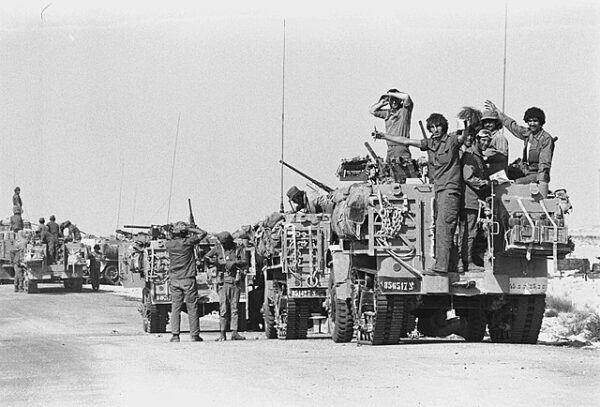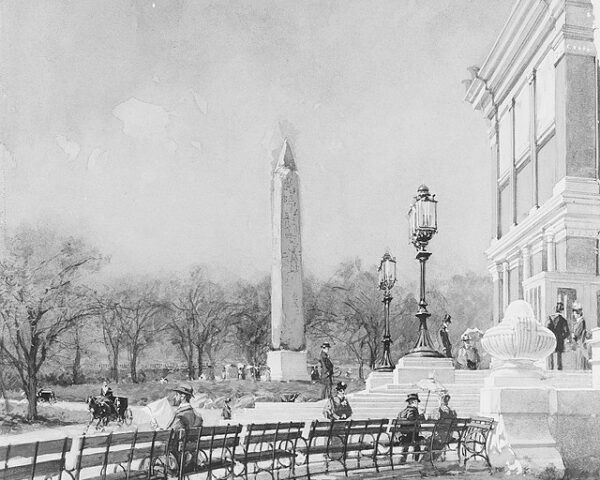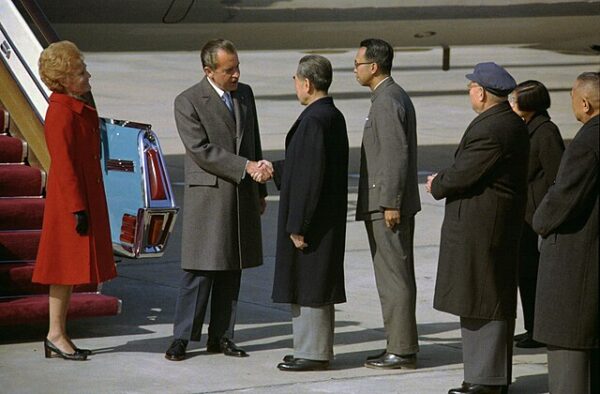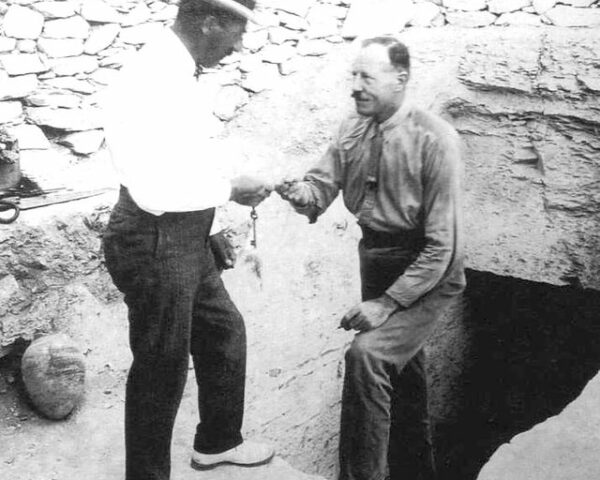On October 6, 1973, Egypt and Syria launched a surprise attack on Israel during one of the holiest days of the Jewish people. The Yom Kippur War marked a significant turn in the history of the Middle East and the Arab-Israeli conflict. Their goal was to regain territory lost to Israel during the 1967 Six-Day War.
Unlike previous confrontations, the Arab states meticulously planned their attack and coordinated their efforts, catching Israel off guard. This strategy led to intense battles in the Sinai Peninsula and the Golan Heights, with both sides suffering heavy casualties. The surprise attack created a tense international situation, as the United States supported Israel, while the Soviet Union backed Egypt and Syria. This superpower involvement underlined the Cold War rivalry and the potential for a direct superpower clash.
The conflict, writes The State Department, “was a watershed for U.S. foreign policy toward the Middle East. It forced the Nixon administration to realize that Arab frustration over Israel’s unwillingness to withdraw from the territories it had occupied in 1967 could have major strategic consequences for the United States. The war thus paved the way for Secretary of State Henry Kissinger’s “shuttle diplomacy” and ultimately, the Israeli-Egyptian peace treaty of 1979.
Despite initial Israeli setbacks, Kissinger, now both Secretary of State and National Security Advisor, believed that Israel would win quickly. He feared that a rout of the Arabs could force the Soviets to intervene, raising their prestige in the Arab world and damaging détente. Thus, he proposed that the United States and the Soviet Union call for an end to the fighting and a return to the 1967 ceasefire lines. The Soviets, who were uneager to intervene on behalf of their clients, agreed, but the Egyptians rejected the ceasefire proposal. Wanting to avoid both an Arab defeat and military intervention, the Soviets then began to resupply Egypt and Syria with weapons. By October 9, following a failed IDF counter-attack against Egypt’s forces, the Israelis requested that America do the same for them. Not wanting to see Israel defeated, Nixon agreed, and American planes carrying weapons began arriving in Israel on October 14.
With the American airlift underway, the fighting turned against the Arabs. On October 16, IDF units crossed the Suez Canal. Sadat began to show interest in a ceasefire, leading Brezhnev to invite Kissinger to Moscow to negotiate an agreement. A U.S.-Soviet proposal for a ceasefire followed by peace talks was adopted by the UN Security Council as Resolution 338 on October 22. Afterward, however, Kissinger flew to Tel Aviv, where he told the Israelis that the United States would not object if the IDF continued to advance while he flew back to Washington. When Kissinger returned to the United States, he agreed to a Soviet request to seek another ceasefire resolution, which the Security Council adopted on October 23. Yet the Israelis still refused to stop. On October 24, Brezhnev sent Nixon a hotline message suggesting that the United States and the Soviet Union send troops to Egypt to “implement” the ceasefire. If Nixon chose not to do so, Brezhnev threatened, “We should be faced with the necessity urgently to consider the question of taking appropriate steps unilaterally.” The United States responded by putting its nuclear forces on worldwide alert on October 25. By the end of the day, the crisis abated when the Security Council adopted Resolution 340, which called for a ceasefire, the withdrawal of all forces to their October 22 positions, and U.N. observers and peacekeepers to monitor the ceasefire. This time, the Israelis accepted the resolution.”
While Israel managed to push back the Arab forces and maintain control of its territory, the war had far-reaching consequences. It prompted renewed peace efforts, including the Camp David Accords in 1978, which resulted in a historic peace treaty between Israel and Egypt. Moreover, the Yom Kippur War emphasized the complexities of the Middle East, continuing to influence regional politics and conflicts today.
Besides its political and diplomatic impacts, the Yom Kippur War also had significant economic consequences. The conflict highlighted the power of the Organization of Petroleum Exporting Countries (OPEC), a group of oil-producing nations. OPEC’s decision to embargo oil exports to countries supporting Israel led to a global oil crisis. This energy crisis had a profound impact on the global economy, causing shortages and skyrocketing prices.
The Yom Kippur War of 1973 proved pivotal in the Middle East’s history, leading to renewed peace efforts, showcasing Cold War tensions, and highlighting the economic influence of OPEC. We all still feel the ripples of the conflict five decades later.






